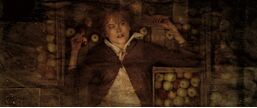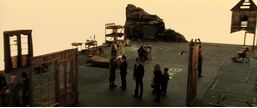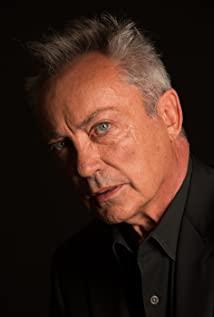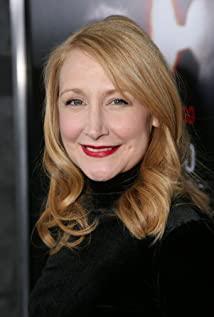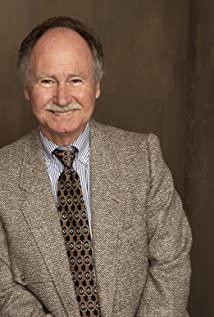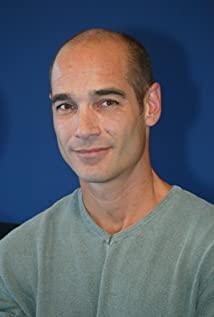Grace's growth can be described as the main line of the whole film, let's talk about it simply.
Grace is talented, empathetic, and considerate of others. Such thinking for a long time will inevitably lead to a process, that is, you will gradually think: "Existence is justified", the existence of everything is in accordance with the situation and situation in which it is located, and people are just helpless. Conform to the external situation and internal nature, doing both right and wrong things.
In such a state of mind, the father, who is reckless with the power of life and death, has naturally become a model of unforgivable evil. In Grace's eyes, father disregards people's nature and the persecution of the environment, and brutally manipulates the fate of others. , it is really hateful, especially the severe punishment for the "criminal", which makes Grace unbearable, and finally prompted her to leave.
Some people say that at the beginning of Grace, there are some "Notre Dame bitches". I totally disagree with this statement. The "Blessed Bitch" is more of a blind belief in the "goodness of human nature" and fails to recognize the ubiquitous "evil of human nature". And Grace is able to fully understand "human nature is evil", her problem is that she can directly see the source of "evil", so as to thoroughly understand the rationality of "evil", and because of her detached attitude , unable to hate "reasonable evil", but see it as a reasonable part of the world and do nothing.
Grace's understanding of "evil" was regarded as a connivance of "evil", and the behavior of the town accelerated toward hell.
The ultimate sublimation lies in the fact that after Dad appeared, he pointed out Grace's "arrogance" sharply, "How can you understand evil with a detached attitude? You are really the most arrogant person I have ever seen in my life."
Grace, who was hit by the front, got out of the car and thought quietly. When the moonlight rushed out of the clouds, dispelling the fog, and illuminating the town, Grace brought herself into it: "They only do this because of their miserable situation. Waiting for bad behavior, even if it's you, wouldn't you do it?"
"can you?"
"Will not!"
If I, Grace, were in the position of the townspeople, I would never have done this!
It was only then that Grace suddenly realized that she had an epiphany to realize the unity of knowledge and action, from the isolation of things. You are not a god, you are not above the world, everything in the world does have its rationality, evil is reasonable, and sanctions are reasonable, you yourself are part of the world, subject to the order in it, and that which belongs to you Order is "power".
So Grace wakes up, the angel outside the world is gone, and she wakes up as the daughter of the world, and she will exercise her power to enforce the order of the world: create a better world, destroy Ugly dog town.
However, this is not what Dad wants to see. Dad's realm is above Grace. Before her epiphany, Grace believed that humans, like dogs, obey their nature and do things they have no choice. Dad taught him: "Dogs can do a lot of useful things, as long as you teach them when they are arrogant." In other words, Dad's state of mind is that human behavior is not about right or wrong, the world has its own standards of right and wrong, You have power and you should give direction. This is the thought of great enlightenment after true Nirvana, and the thought of Sakyamuni and Christ to redeem the world.
At this time, Grace killed the whole village and showed it with her actions: "The dog who did the wrong thing should pay the price." This is actually a gap from her father's thinking, so the father said: " It's time for us to go, I think you've learned too much today."
Going back to the movie itself, so what is this movie trying to tell people?
I have an intuitive sense of disgust for this movie because everyone in the film is floating with the tide, without a little bit of humanity, without seeing any struggle. Grace was supposed to represent human nature, but the director arranged a "lover" to make her blindly trust Tom and cut off any resistance.
Nausea.
What's the difference between you and a philosophical Tom in church when you're in the midst of a bunch of dwarfs, screaming about the evils of human nature?
One's happiness, of course, has to consider the course of history, but it also depends on personal struggle. You all give up your resistance and wait for the Power that falls from the sky to sprinkle the wrath of order. Do you think the concentration camps are not crowded enough?
View more about Dogville reviews





